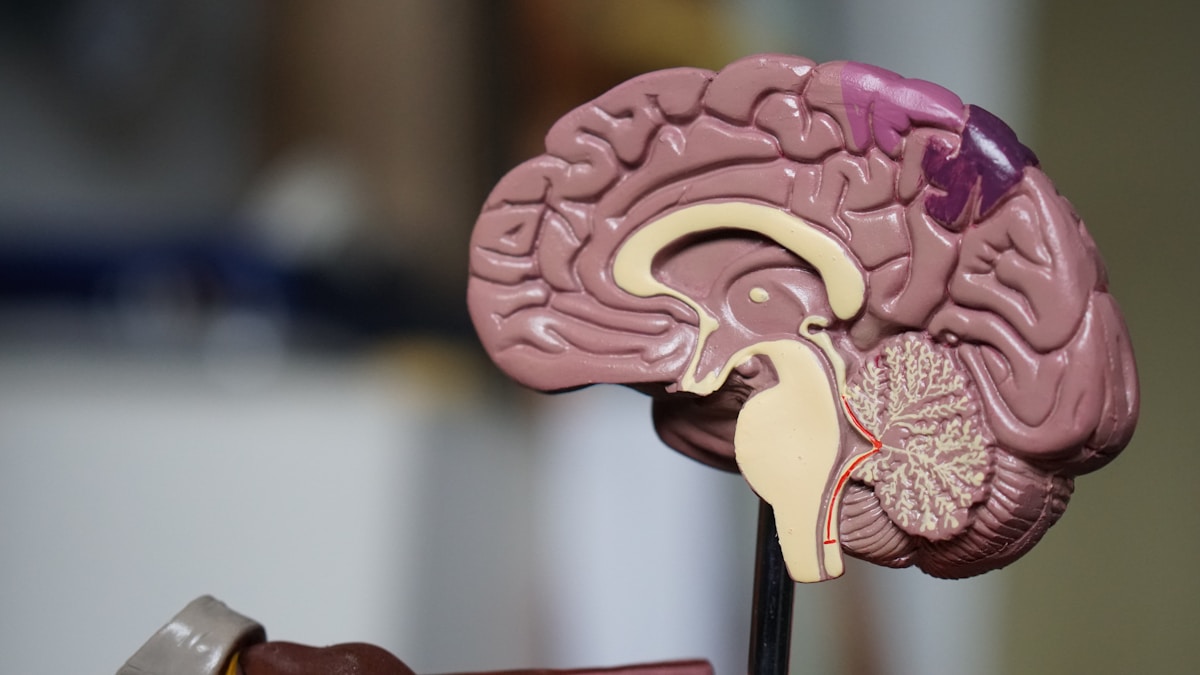The current state of their oral health impacts general wellbeing while triggering confidence issues. The CDC says one-third of adults in the US have different degrees of untreated tooth decay. What’s more, they have other health conditions directly related to their poor oral hygiene. It mentioned that the US baby boomer generation (born between 1946 and 1964) is the only group with many people keeping their natural teeth for a lifetime. As you mull over this information, you may be wondering how your oral health affects your entire body. Here are some examples of how that can happen.
Increased risk of heart disease

Plaque buildup in the mouth can travel into the bloodstream and cause havoc to blood circulation. That's because plaque coats biological tissue (teeth, arteries) with its tar-like substance. Within the arteries, plaque becomes a hindrance to blood movement as it hardens vessels. This causes the heart to work harder than it ordinarily should. Additionally, plaque accumulation produces a toxin that eats away at the gums and gradually leads to periodontitis. Fortunately, establishments like Prairie Hawk Dental can help treat the plaque in your oral cavity.
Kidney disease
Science research has established a link between oral health and kidney function. According to various studies, dental infections can set off a chain of reactions in one or both kidneys, leading to decreased performance. Medical reports made available between 2016 and 2020 highlighted the dire consequences of mouth bacteria on major body organs, including the kidneys.
These reports stated that mouth bacteria (when left uncontrolled) produce toxins that cause kidney inflammation. It is therefore not too surprising that people with kidney disease tend to have oral health complications. Some of these include abnormal bone loss at the base of the teeth and gum inflammation.
Diabetes
Once again, you can blame it all on the uncontrolled mouth bacteria in your oral cavity. Because of the toxins they produce, which subsequently leak into the bloodstream, there is a ripple effect on the pancreas. This organ is forced to release large amounts of glucose (sugar) into the blood. Over time, uncontrolled blood sugar will lead to the chronic disease diabetes. Usually, the standard type which presents in persons with poor oral health is Type 1 diabetes. Also known as the chronic high blood sugar condition, diabetes further predisposes your body to other ailments which negatively impact general wellbeing.
Increased risk of Alzheimer’s and dementia

In the United States, one in nine older adults aged 65 years and older have one or both of these conditions. Usually, cognitive decline is prevalent among senior citizens. However, science and years of research indicate other predisposing factors: poor oral health.
The Medical News Today website stated that people with decayed teeth in their younger years have an increased risk of developing Alzheimer’s at an advanced age. Uncontrolled mouth bacteria can find their way into the brain and kill off neurons. This happens gradually, and by the time a person is advanced in age, there are fewer neurons to support cognitive health.
Good oral hygiene protects more than your teeth. If it's been a while we encourage you to schedule a dental exam.